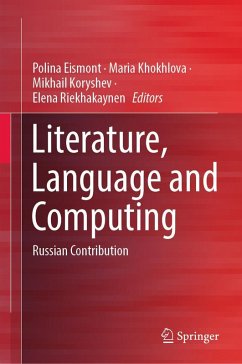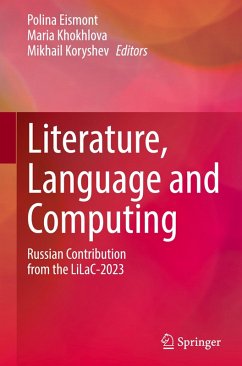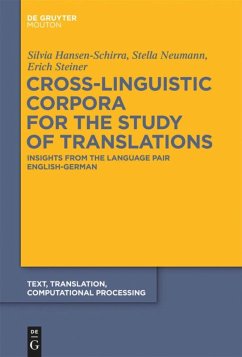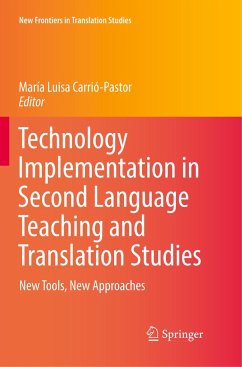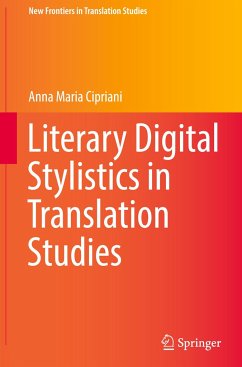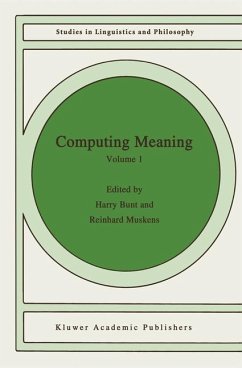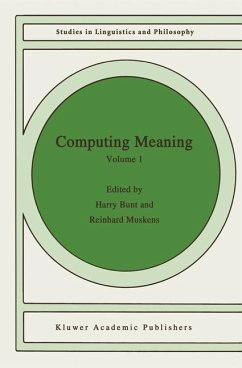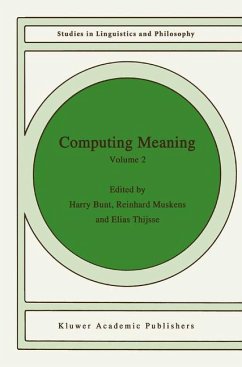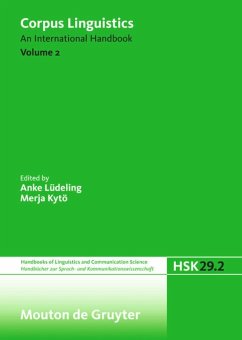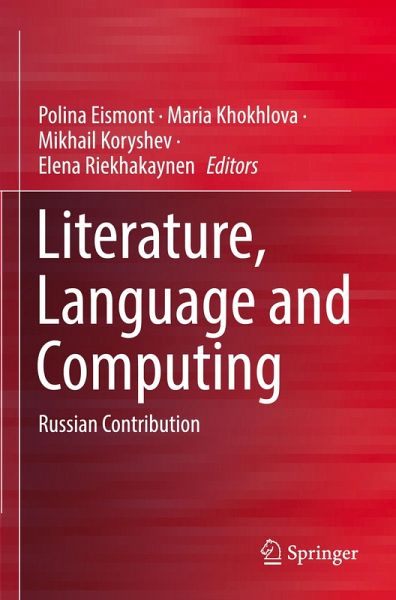
Literature, Language and Computing
Russian Contribution
Herausgegeben: Eismont, Polina; Khokhlova, Maria; Koryshev, Mikhail; Riekhakaynen, Elena
Versandkostenfrei!
Versandfertig in 6-10 Tagen
121,99 €
inkl. MwSt.

PAYBACK Punkte
61 °P sammeln!
This book brings together selected revised papers representing a multidisciplinary approach to language and literature. The collection presents studies performed using the methods of computational linguistics in accordance with the traditions of Russian linguistic and literary studies, primarily in line with the Leningrad (Petersburg) philological school. The book comprises the papers allocated into 2 sections discussing the study of corpora in language, translation, and literary studies and the use of computing in language teaching and translation and in emotional text processing. A unique fe...
This book brings together selected revised papers representing a multidisciplinary approach to language and literature. The collection presents studies performed using the methods of computational linguistics in accordance with the traditions of Russian linguistic and literary studies, primarily in line with the Leningrad (Petersburg) philological school. The book comprises the papers allocated into 2 sections discussing the study of corpora in language, translation, and literary studies and the use of computing in language teaching and translation and in emotional text processing. A unique feature of the presented collection is that the papers, compiled in one volume, allow readers to get an understanding of a wide range of research conducted in Saint Petersburg State University and other Russian leading scientific institutions. Both the classical tradition of Saint Petersburg philology and the results obtained with the help of new computer technologies as a sample of the symbiosisof technologies and traditions, which bring research to a qualitatively new level, arouse interest.



